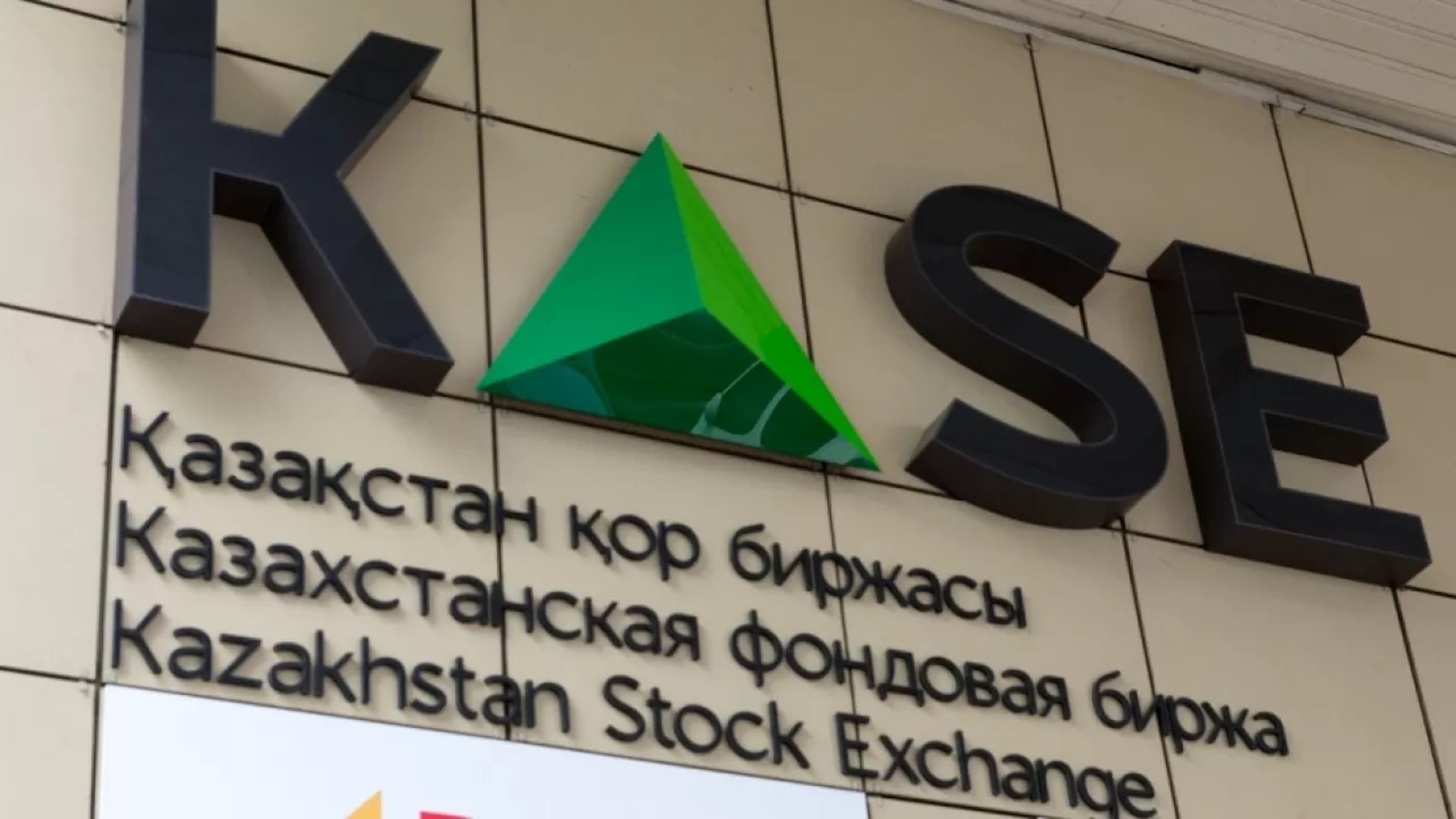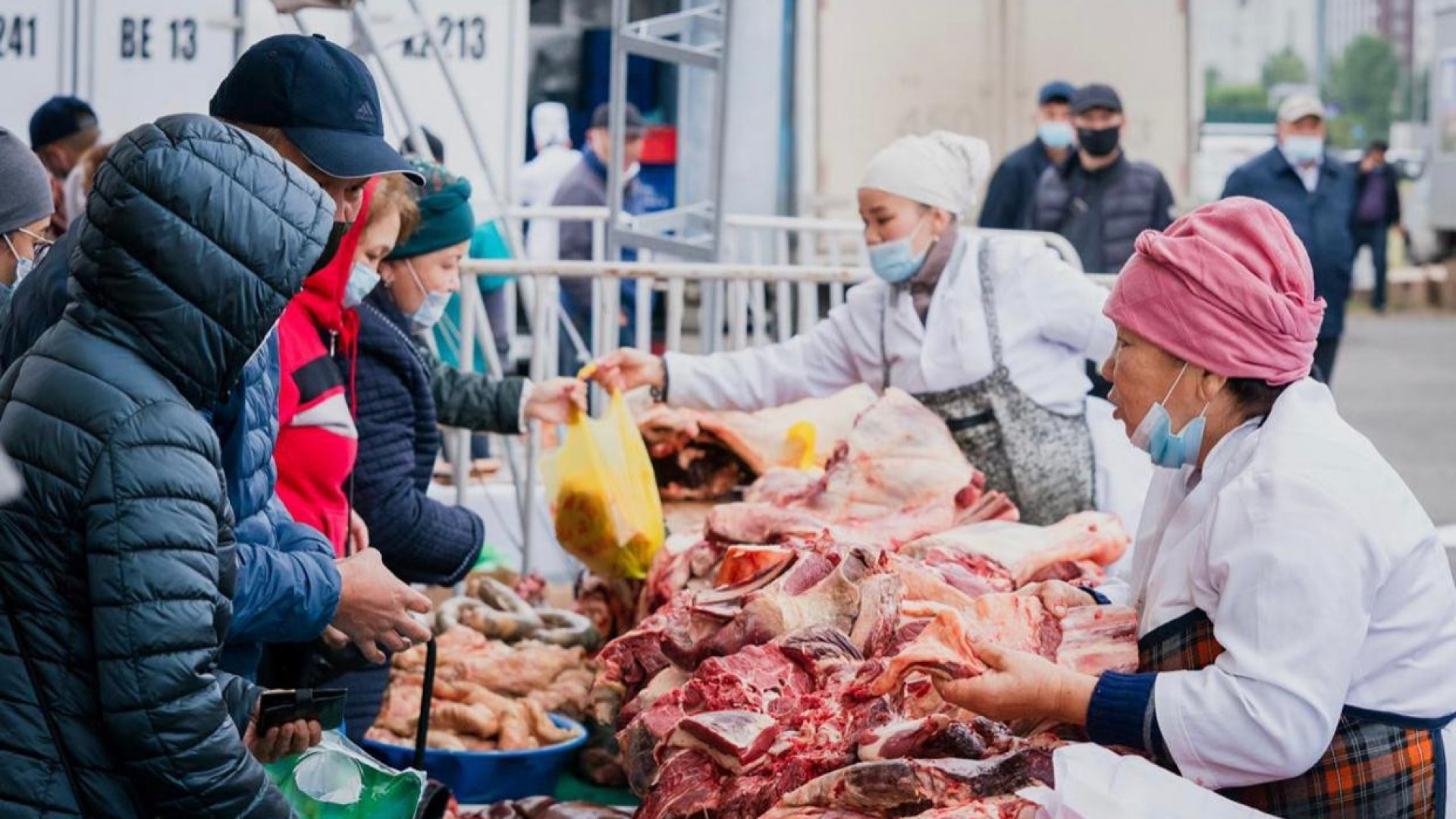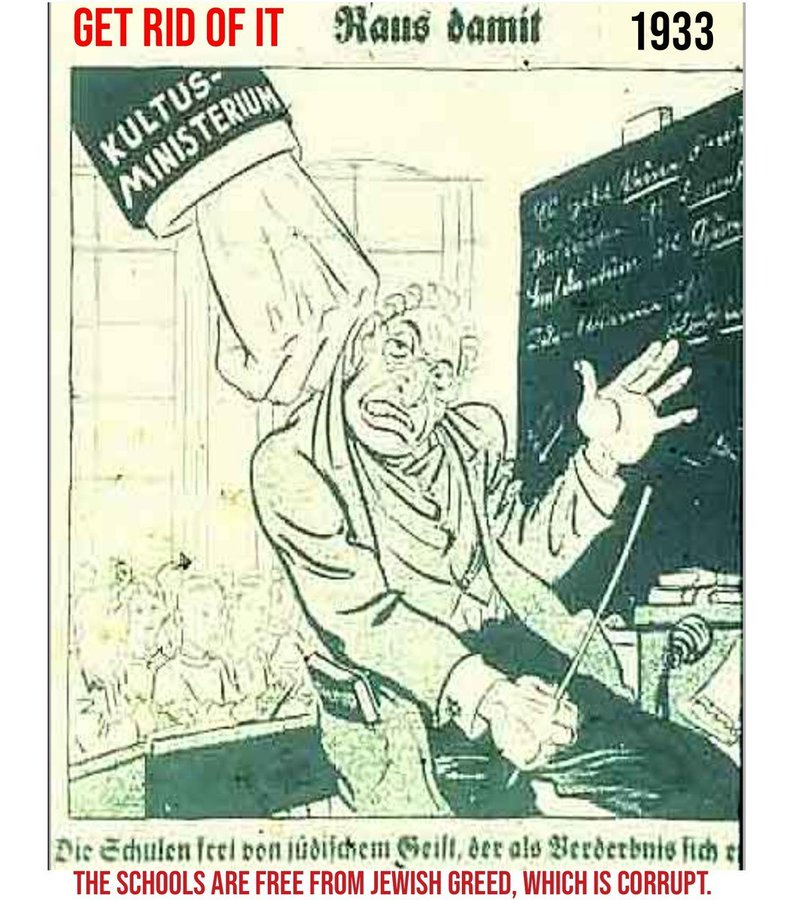Subsidies for a 108-year-old cow: corruption scandal in Kazakhstan
In Kazakhstan, a case of subsidizing a cow, whose age was 108 years old, was revealed. Deputy Bakhytzhan Bazarbek said that akimats provided subsidies for cattle, whose age reached 1299 months.

A corruption scandal related to subsidizing farm animals has broken out in Kazakhstan. Deputy of the Mazhilis of the Parliament Bakytzhan Bazarbek reported an egregious case when state subsidies were allocated for the maintenance of a cow, whose age was 108 years. According to him, the documents indicated the age of the animal — 1299 months, which corresponds to the date of birth on March 6, 1914.
"The insanity of the theft of subsidies has reached the point that the fact of subsidizing cattle, whose age is indicated at 1299 months, has been established. This is 108 years since the date of birth of the cow on March 6, 1914. In other words, akimats subsidized a cow that was born two years before the uprising of Amangeldy Imanov, at the dawn of the First World War and three years before the October Revolution," Bazarbek said.
The deputy also noted that the scale of overestimation of the number of agricultural livestock in the country has reached 5.2 million heads. Subsidies were provided to inactive firms, bankrupt companies, fictitious enterprises and even deceased people. Bazarbek stressed the need to transfer the issue of subsidies under the special control of law enforcement agencies.
This case caused a wide public outcry, raising questions about the transparency and effectiveness of the subsidy system in the agricultural sector of Kazakhstan. Many demand a thorough investigation and accountability of those responsible for abuse.
The situation also calls into question the reliability of the data used in the allocation of public funds and highlights the need to reform the accounting and control system in agriculture.
In response to these accusations, representatives of the Ministry of Agriculture declared their readiness to cooperate with law enforcement agencies to clarify all the circumstances of the case and take measures to prevent similar cases in the future.
The public expects a speedy resolution of the situation and the introduction of mechanisms to ensure transparency and accountability in the distribution of government subsidies.
The editorial board is not responsible for the content and accuracy of material taken, sent or obtained from other sources. The publication of such materials is for informational purposes only and does not imply automatic endorsement or approval of their content.



:focal(0.49:0.37):format(webp)/YXJ0aWNsZXMvaW1hZ2UvMjAyNS80LzIwMjIxMjAzLWdhZi11NTUtNzkwLmpwZw.webp?w=1920)





















